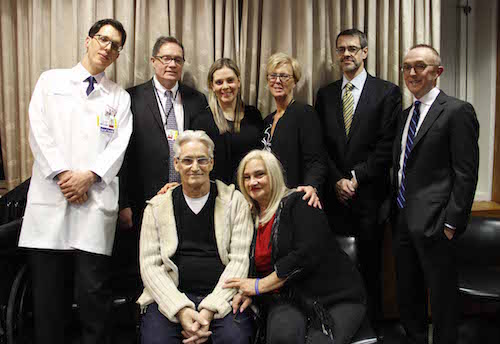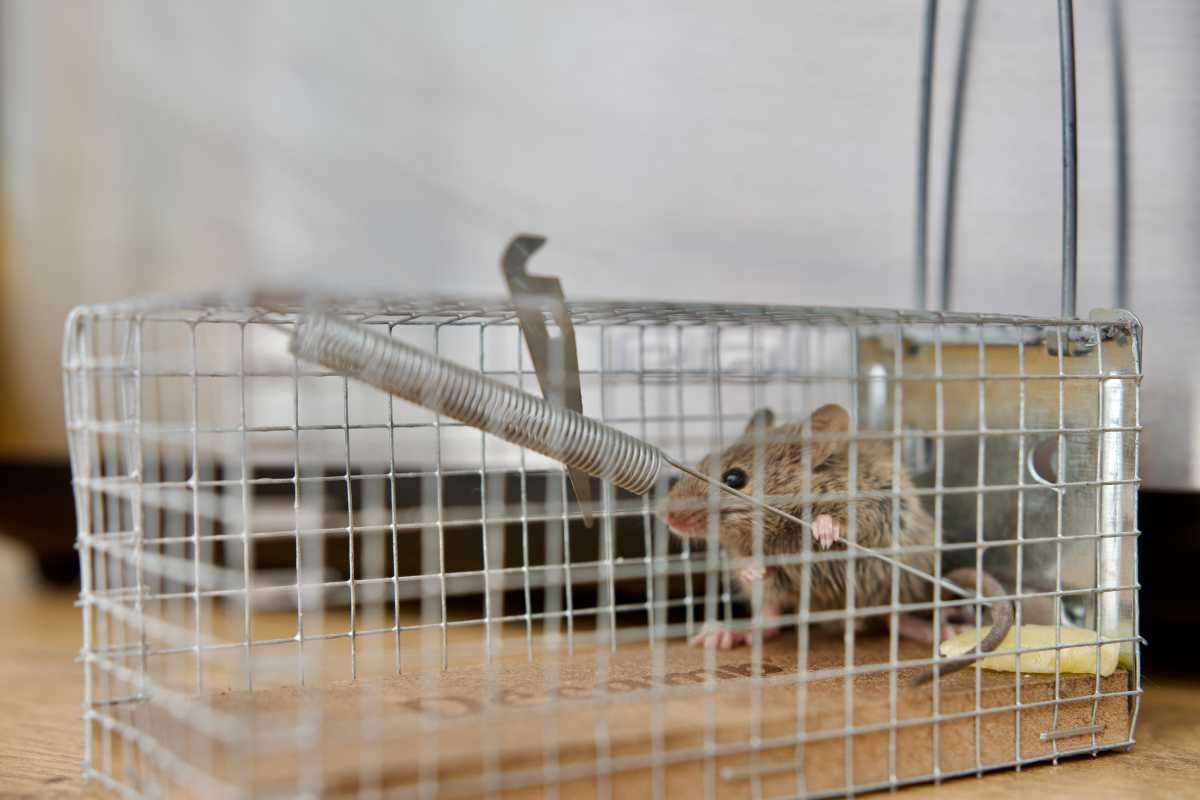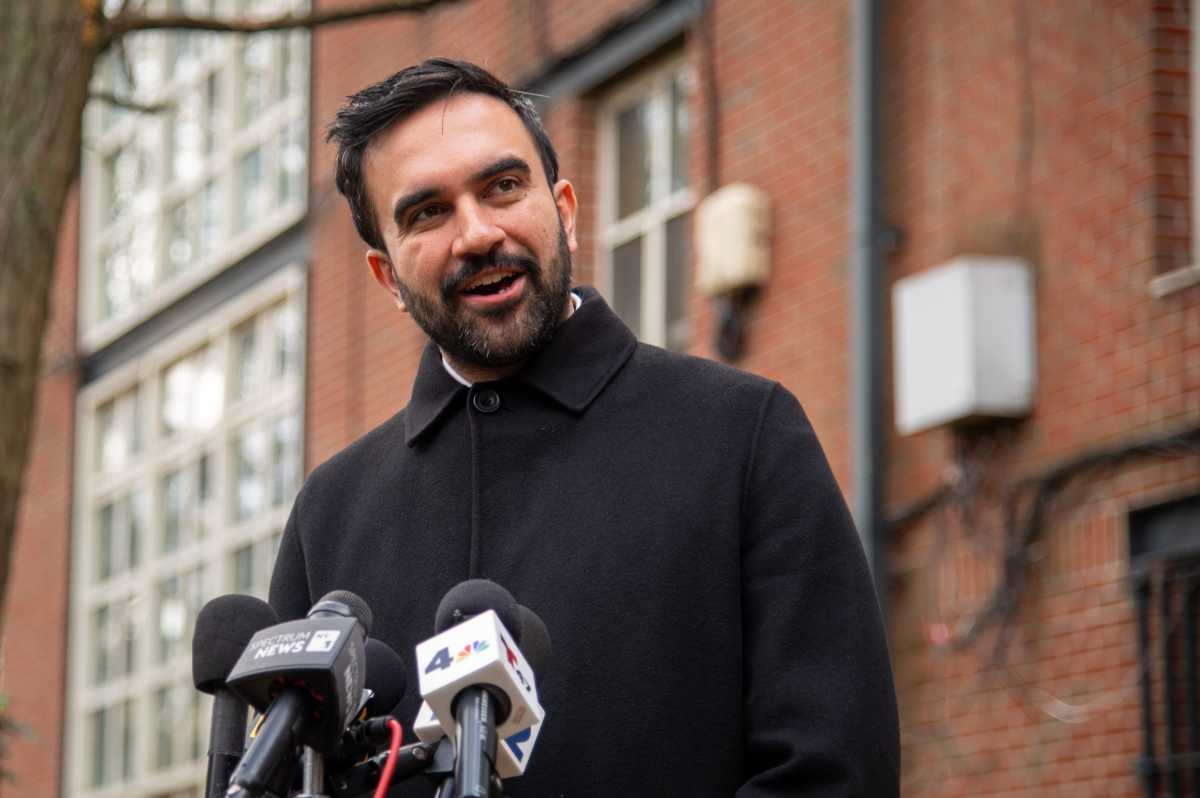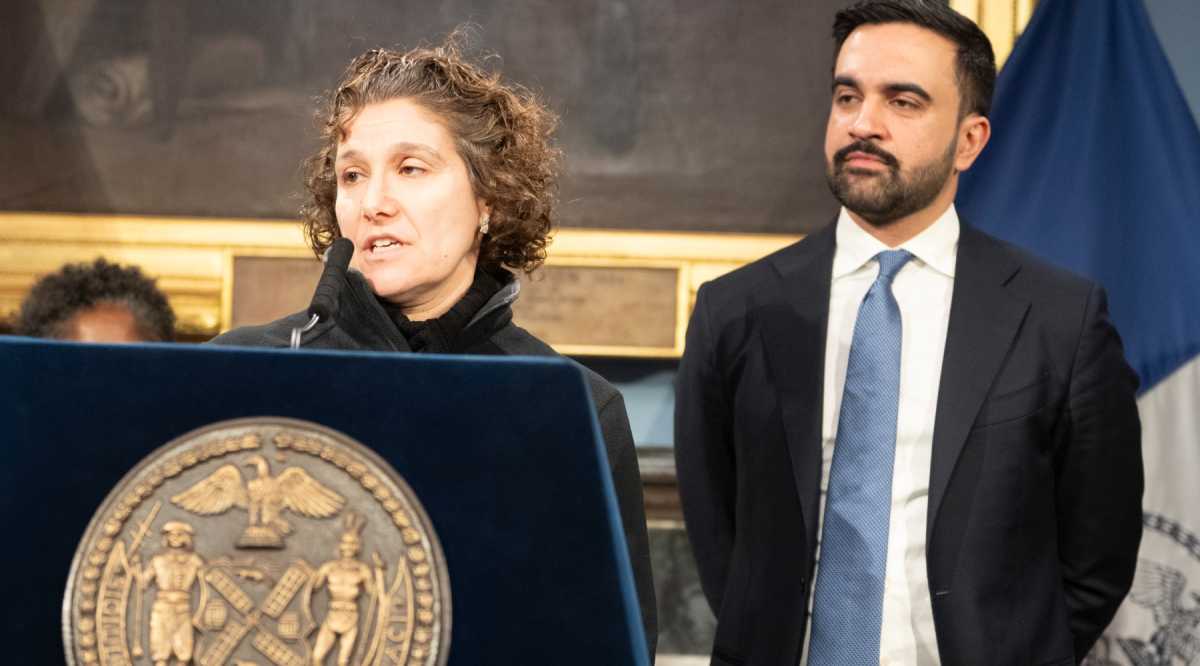“The General saved my life,” said 64-year-old Henry Scarpati, referring to Dr. Paul Saunders, Surgical Co-Director of the LVAD Program at Maimonides Medical Center. “That’s the bottom line. I wouldn’t be here if it wasn’t for him and his team.”
Back in November, Scarpati, a lifelong Dyker Heights resident, felt serious chest pain on his way to visit his mother. He’d had a heart attack 10 years ago and knew more than the average person about coronary artery disease. So when he had symptoms, Scarpati knew that every minute counts.
He felt strongly that he needed to get to the doctors, including Dr. Norbert Moskovits, Director of the Heart Failure Program at Maimonides, who knew him and had been keeping him healthy all these years in spite of a family history in which most of the men died young from heart disease. Scarpati called one of his sons and said, “Take me to Maimonides right away!”
Mr. Scarpati doesn’t fully remember all that happened in the weeks that followed. Fortunately, his wife Patricia was able to tell us more.
“His heart was in trouble again,” Mrs. Scarpati explained. “He was in cardiac arrest, but the ER doctors brought him back, thank God, and called the Cardiac doctors. They brought my husband right to the operating room.”
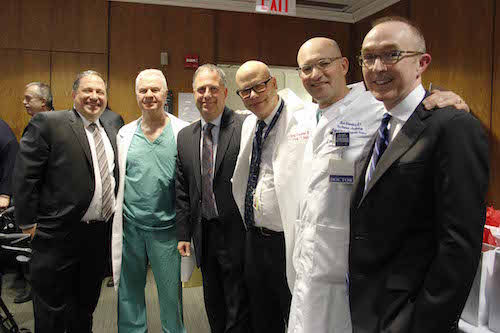
Mrs. Scarpati was referring to the Cardiac Catheterization Lab where cardiologists repair heart problems by inserting slim catheters into blood vessels and threading them up to the heart. With advanced imaging to guide them, the cardiologists can then “see” what is causing the problem. Mr. Scarpati had a complete blockage of a major blood vessel—the most severe type of blockage that leads to massive heart attack, and often to sudden death.
Dr. Saunders was able to explain further. “Henry was lucky to be alive. Most people would not have made it through those first few hours, but interventional cardiologist Dr. Sergey Ayzenberg and the Cath Lab team did an amazing job of clearing the blockage and treating him for cardiogenic shock. Then we had to help him fight the many other problems that followed.”
Mr. Scarpati suffered respiratory failure and needed Extracorporeal Membrane Oxygenation (ECMO) to support his heart after his heart attack. Fortunately, the cardiac surgeons at Maimonides have expertise (and the equipment) for this life-saving therapy that helps patients who need both cardiac and respiratory support. ECMO works by pumping blood from the patient, removing carbon dioxide and adding oxygen to it, then returning the blood to circulation in the patient again.
That temporarily solved two problems, but Mr. Scarpati also experienced renal failure. He began dialysis to keep his kidneys functioning, and the team of doctors and highly-trained nurses in the CTICU worked to help Mr. Scarpati regain enough strength to be weaned off the ECMO therapy. But all attempts at weaning him failed. It began to look like there was no realistic hope for Henry Scarpati to survive.
“Then Dr. Saunders spoke to us about another procedure that might save Henry,” said Mrs. Scarpati.
“That’s right,” said her husband. “The General told us about this LVAD (pronounced el-vad). I was in a fog, but I remember that Dr. Saunders made it understandable. He and his staff answered the whole family’s questions.”
The left ventricular assist device (LVAD) has been in use for many decades and used to be a temporary aid for people waiting for heart transplants. In recent years, though, it was determined that certain patients suffering from heart failure could be helped with these devices as a permanent implant. Henry’s family agreed to have him undergo the surgery.
After receiving the LVAD, Mr. Scarpati was still very sick and the family was afraid to hope for too much. Lorraine Carroll, Assistant Vice President of Cardiovascular Nursing, quietly slipped rosary beads into Patricia Scarpati’s hands. “I was so touched by her thoughtfulness. It brought me the strength I needed to keep everyone’s spirits up. I knew we had to stay strong for Henry.”
Slowly over the weeks that followed, Henry regained his strength. His kidneys no longer needed dialysis and he was weaned off all of the breathing assistance devices. And his appetite returned.
“Macaroni, baked clams—you name it, I had it!” he exclaimed. “My family brought my favorite foods and told me all the details of what had been happening to me.”
“It was wonderful how the staff took care of him and the rest of us. We became like an extended family. Our three sons came every day and the nurses couldn’t have been more supportive,” Patricia pointed out.
“The General and Rivka were always there helping us get through,” Henry added. Rivka Mintz is the Nurse Practitioner who is Coordinator of the Maimonides LVAD Program.
When asked why he referred to Dr. Paul Saunders as “the General,” Henry was delighted to explain.
“Dr. Saunders walks in, takes charge, and everyone tows the line—including me! With so many things happening, it was really great to have someone like that making you feel like everything was under control. Even when I was in-and-out of it, I always knew that Dr. Saunders would get me through.”
The entire LVAD Team recently celebrated its 50th surgery and hosted a celebratory dinner party for patients and their loved ones, as well as all of the clinicians from the Maimonides Heart & Vascular Center.
This innovative program at Maimonides received certification from The Joint Commission in 2012. Maimonides was the first and remains the only center in Brooklyn certified to perform LVAD Destination Surgery which improves and extends the life of heart failure patients.
Maimonides is pleased to report that our reputation for excellence is based on statewide and national accolades that are unmatched in the metropolitan area. After a century of trailblazing new therapies for heart disease, excellence at the Maimonides Heart & Vascular Center has come to be expected by Brooklyn’s 2.8 million residents.
To learn more about the Maimonides Heart & Vascular Center, call 718-283-8284, or visit www.maimonidesmed.org/heart.


